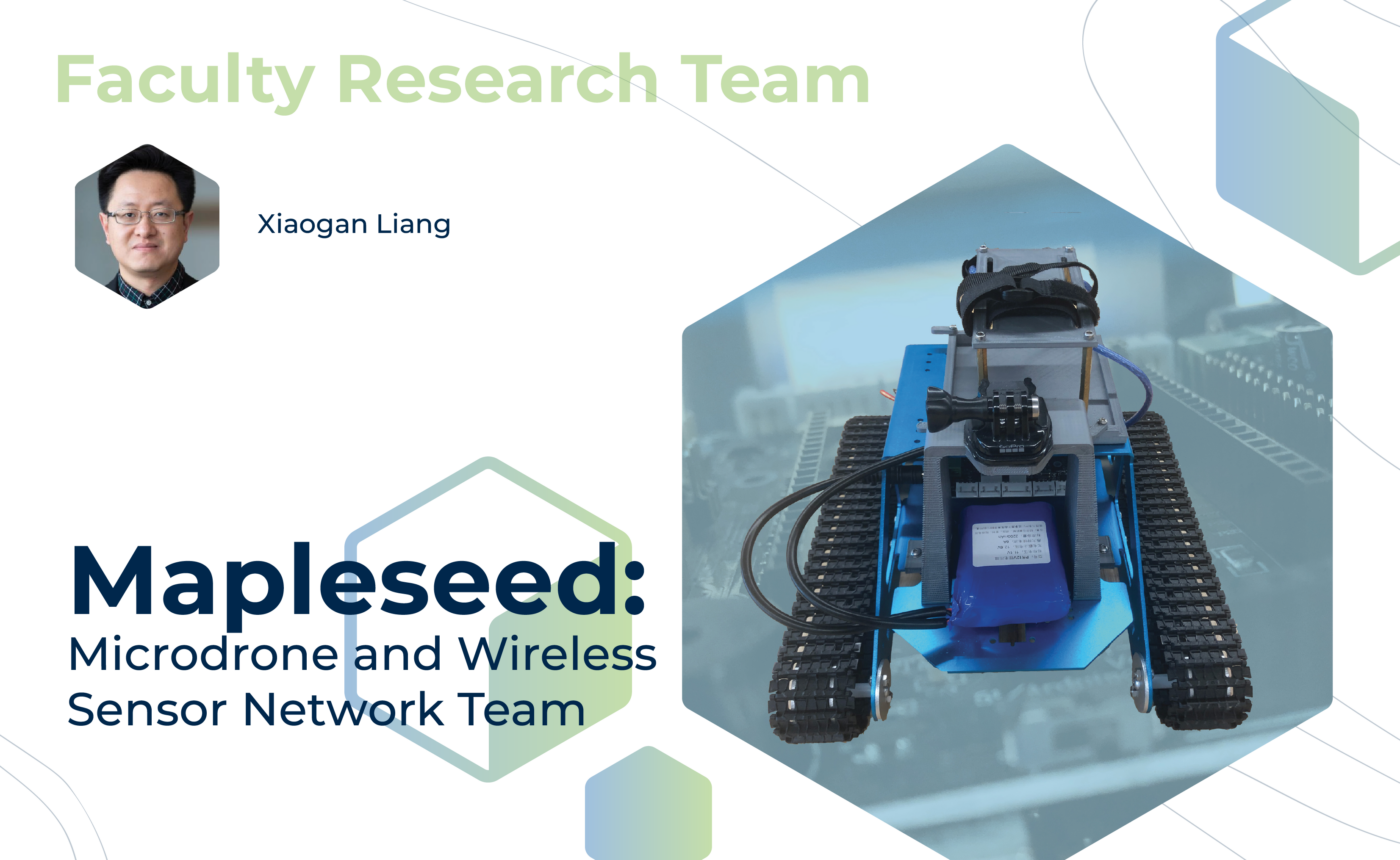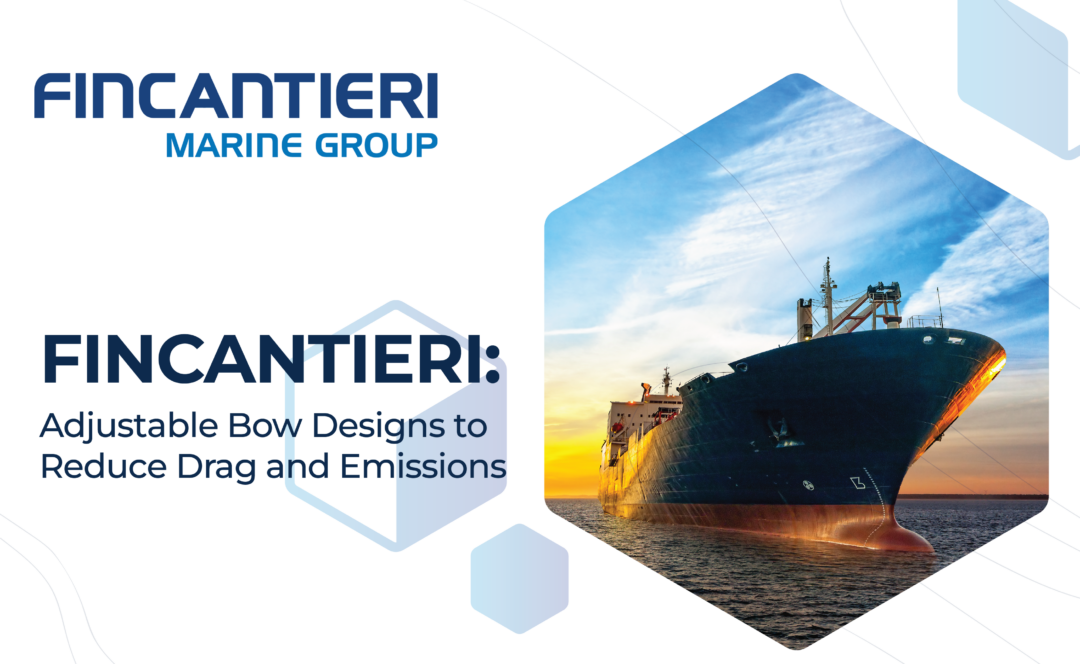– Clear
Wireless sensor networks are needed for studying Earth’s climate and for real time monitoring of the spread of viruses or pathogens. The Mapleseed team aims to develop miniaturized robotic vehicles capable of carrying various sensors and automatically measuring certain atmospheric parameters and particle/virus concentrations in targeted spaces.
Cargo ships of the future will need to reduce their emissions to remain competitive and lower their environmental impact. Students on the Fincantieri team will analyze the effects of the shape of the bulbous bow on fuel efficiency and design a reconfigurable bow that reduces drag under variable speeds and sea conditions.
Moving patients in hospitals is a complex procedure that requires the caregiver to monitor the patient while pushing the stretcher while also managing any external equipment. Students on the Stryker Autonomous Stretcher project will design and develop a system that allows the stretcher to operate autonomously, freeing up valuable caregiver resources for other related activities.



